First bridge-year students find a 'place in the world'
One of my biggest surprises was how similar my homestay was to my American home. My host family watched many of the same TV shows, listened to much of the same music, and believed and knew many of the same things as I do. American pop culture has spread very far.
I noticed similarities in character between my Peruvian friends and my friends from back home. Many were strong and weak in the same ways that my American friends and I are strong and weak. I learned that, by being human, we intrinsically share a lot.
Playing lacrosse and participating in the bridge-year program are not mutually exclusive. I believe bridge year was beneficial to my lacrosse career. It gave me an opportunity to mature physically and heal from a series of stress fractures. It also made me appreciate being on a team, working toward a common goal as one. Being without that type of environment reminded me of why I love playing lacrosse.
My advice to the new group: ¡Aprovechen! Take advantage! Always be trying something new so that you will always be learning and growing.
When I applied for the program, I dreamed of changing the world, or at least improving it in a dramatic way. What I learned, however, is that doing service work is not as important as serving others — approaching each interaction with others as a way to connect with them and to fill their needs.
It was interesting to realize how much we in America value distance;
it is important to us to give everything — from insects to other people to death — a wide berth physically, mentally, and emotionally. In India, I was much closer to herds of water buffalo, poverty, illness, religion, and difficult questions from strangers. Being closer to things that can be painful or difficult to face made me more aware of myself and the world around me.
India is a place of contrasts and beautiful experiences, and it taught me how important it is to abandon limiting expectations and to respect the ideas and traditions of others when exploring new places.
The most important lesson I learned is my favorite Hindi phrase, “Koi bat nahin.” It means “No worries,” or “It’s not a problem.” People have a way of living that I love: They say, “I will adjust,” and they deal with things that might seem uncomfortable or impossible in a positive, graceful way.
My experience abroad has changed my perspective in many ways, some of which I probably won’t fully realize or understand until I’m older. I think I’m less materialistic, and I value family time a lot more.
Living in another country taught me how to find the balance between being observant and a participant; the value of being community-oriented and taking time to really invest in relationships and people; and patience and humility when confronted with attitudes or standards I don’t understand.
At Princeton I want to be open and courageous and not let lack of knowledge or experience stop me from participating in something new.
My time abroad has really shown me the value in learning languages. Serbian is a challenging language, and in the beginning you may feel embarrassed to speak in front of strangers or even your host family and friends. People may laugh or smile when you speak, but don’t worry — most are just excited to see a foreigner speaking their language.
I will enter Princeton in the fall far more open-minded and will always try to grab opportunities to explore, as Peru has reinforced for me that the world is a vast place filled with much to learn and discover.
Mainly through my service projects, I learned to be patient, to deal with frustrations, to appreciate the small successes, and to embrace the adventure of overcoming challenges. At Princeton, I believe that I constantly will seek opportunities to challenge myself.
My most vivid memory from my time in Peru is the theater production that [bridge-year students] Agnes [Cho ’14], Tugce [Tunalilar ’14], and I put on with our youth development after-school group. Our once-timid students exhibited self-confidence on stage and, proud of their accomplishment, could not stop hugging us once the curtain closed.
-- Compiled by W. Raymond Ollwerther '71



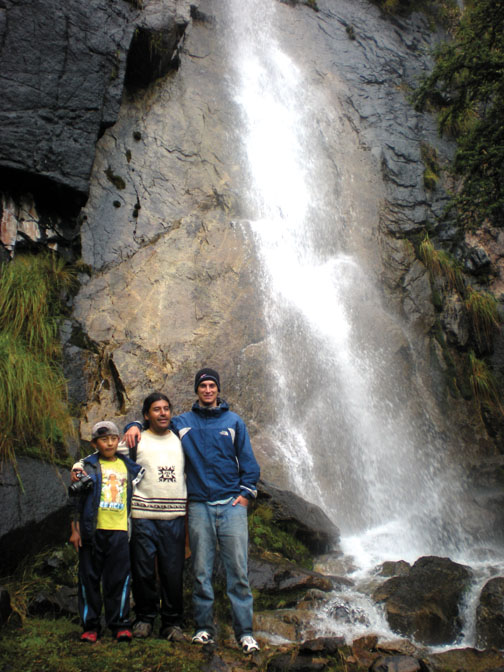
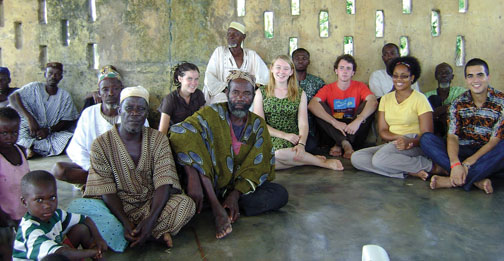
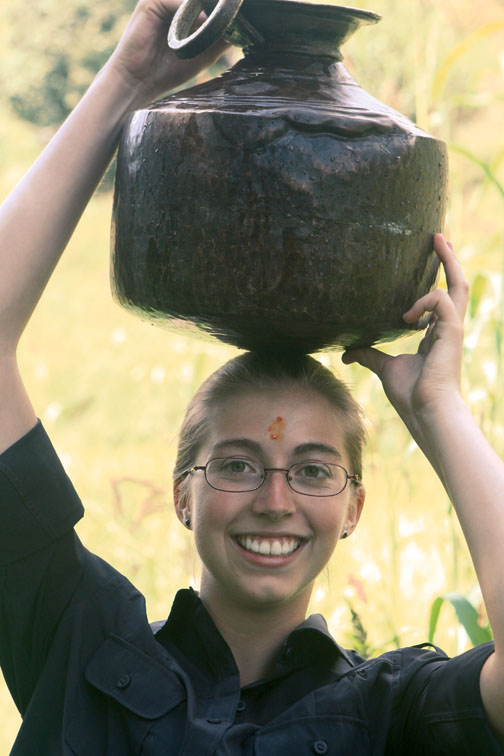
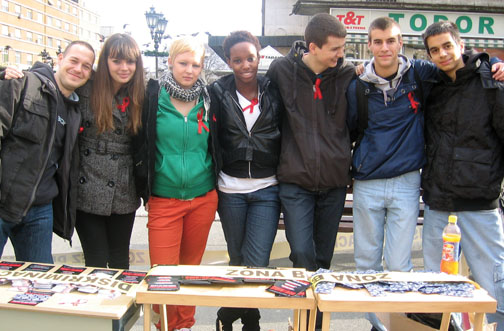
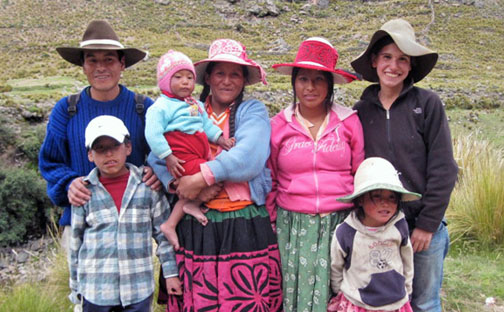









No responses yet